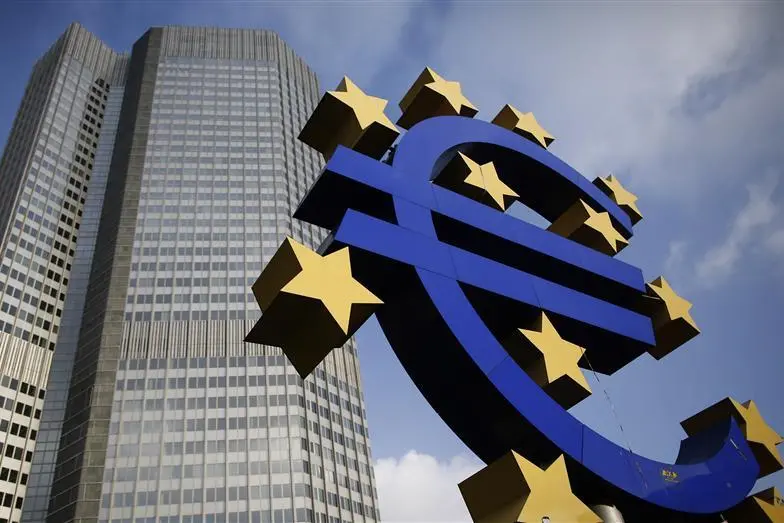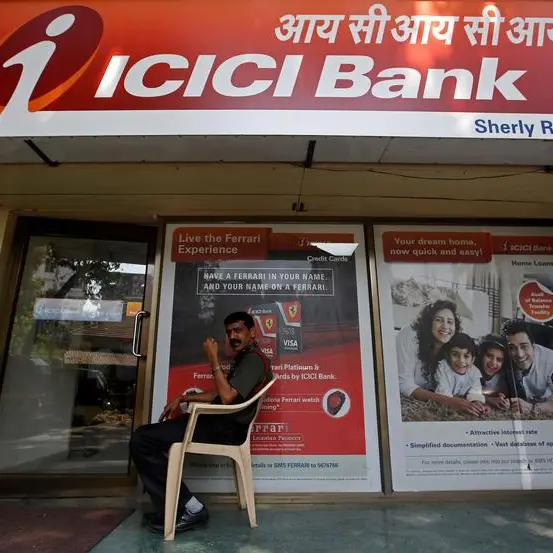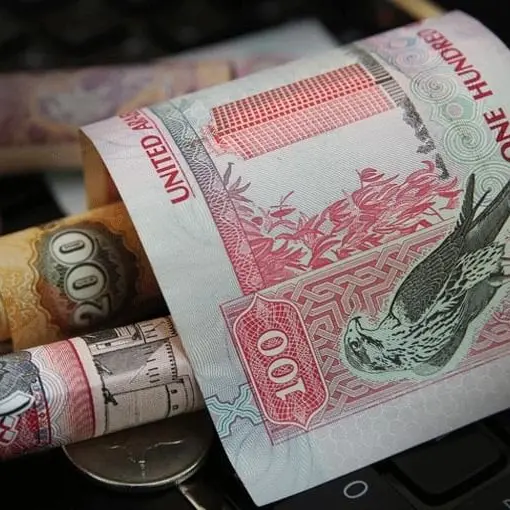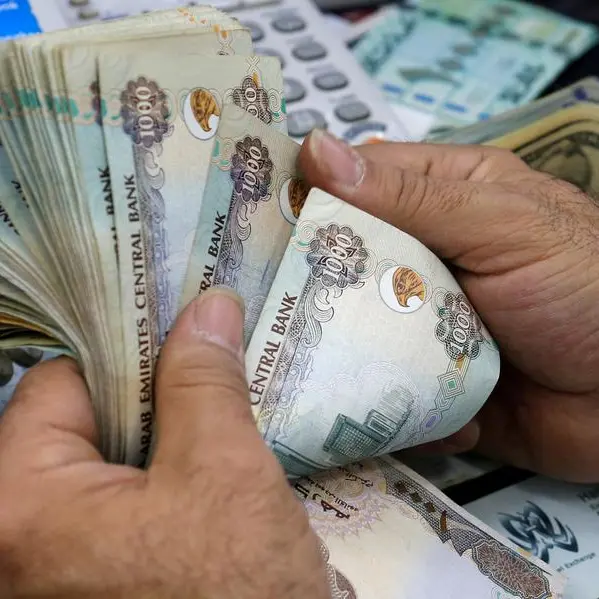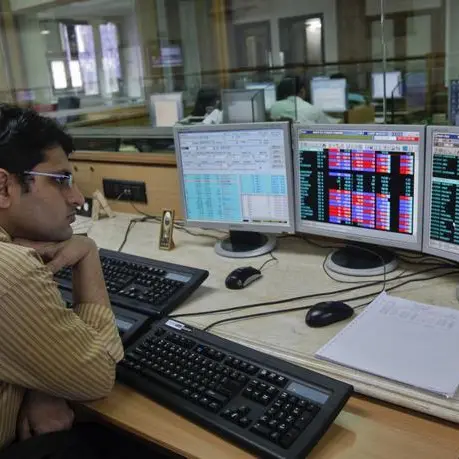PHOTO
LONDON- Just over half of the euro zone government bond market is now in negative-yield territory, with an upward trend in yields back above 0% bought to an abrupt halt for now as the war in Ukraine clouds the outlook for the bloc's economy.
As investors on Tuesday moved more aggressively to price out expectations for European Central Bank (ECB) interest-rate hikes this year, Germany's 10-year Bund yield - among others - fell below 0% for the first time in weeks.
That left the value of negative-yielding euro-denominated government debt at around 4.63 trillion euros at the close of trade on Tuesday, data from electronic bond-trading platform Tradeweb released on Wednesday showed.
Negative-yielding debt comprised almost 51% of a total euro area government bond market worth just over 9 trillion euros on its platform, versus roughly 40% at Monday's close, which had marked the lowest share since February 2019.
"Markets are very volatile so things could look different in a couple of weeks from now, but it does seem that the worst scenarios from the conflict are getting more likely and so yields won't rise as quickly as expected," said Christoph Rieger, head of rates and credit research at Commerzbank.
Yields on Germany's 10-year bonds, which account for roughly 40% of the country's outstanding bond issuance, stood at -0.04% on Wednesday.
That's down some 35 basis points (bps) from a high hit in mid-February, before Russia attacked Ukraine and market focus was fixed on central bank policy action to tame inflation.
Belgium and France's five-year yields on Tuesday turned negative for the first time since the ECB's Feb. 3 hawkish pivot. Dutch, Austrian and Slovakian five-year yields and two-year yields in Italy have also fallen below 0% this week.
When yields are below 0%, investors stand to lose money if they hold that bond to maturity - something they might be willing to risk against a backdrop of heightened uncertainty.
Markets now price just two, 10 bps rate hikes from the ECB by year-end versus as much as 50 bps just last month.
"There are two things going on here - one is the rush into safe havens, the other is the big shift in market rate hike expectations," said Principal Global Investors chief strategist Seema Shah.
"Increasingly, because of Europe's exposure to Russia, there is a growing risk of recession, with a potential shortage of energy and high oil prices and that's why there is a big shift back in bond yields."
(Reporting by Dhara Ranasinghe; editing by Yoruk Bahceli and Alex Richardson)
